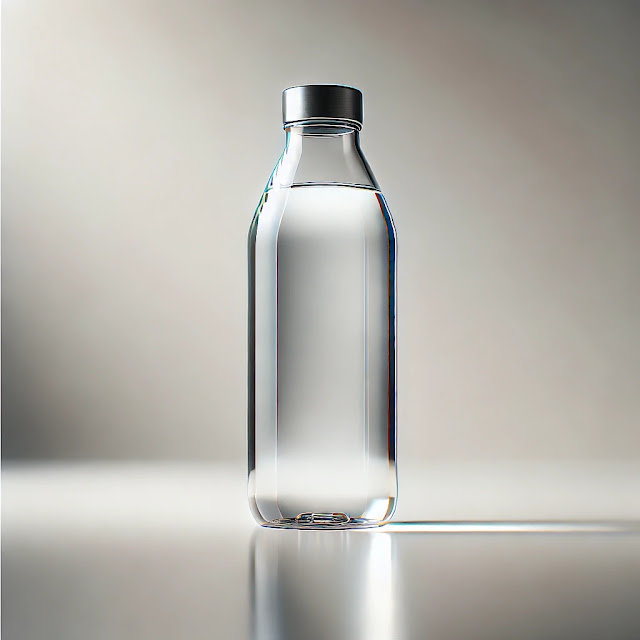FRP grating (Fiber Reinforced Plastic grating) is a corrosion-resistant structural flooring system made from fiberglass reinforcements and thermosetting resin. It is used in industrial platforms, walkways, trench covers, and marine environments where steel would rust or deteriorate. FRP grating combines: High strength-to-weight ratio Chemical resistance Slip-resistant surface options Low maintenance lifecycle performance It is widely adopted across chemical plants, wastewater facilities, oil & gas installations, and marine infrastructure. Why Is FRP Grating Replacing Steel in Industrial Projects? Industrial buyers are increasingly shifting from galvanized steel to fiberglass grating. The reason is lifecycle performance. 1. How Does FRP Perform in Corrosive Environments? Steel corrodes. FRP does not. FRP grating is engineered with: Polyester resin (general industrial use) Vinyl ester resin (high chemical exposure) Epoxy resin (specialized enviro...
Water stored in glass bottles can last indefinitely, but its quality depends on several factors. While glass is a non-reactive material that doesn't leach chemicals into the water, other elements like storage conditions and contamination can affect water's taste and safety over time. Here’s a guide to understanding how long water can remain drinkable when stored in glass bottles:
Factors Influencing Water Shelf Life in Glass Bottles:
Purity of the Water:
- Tap Water: Treated with chlorine or other disinfectants, tap water can last several months to years in a sealed glass bottle. Over time, the taste may change due to the breakdown of chlorine, but it remains safe for consumption.
- Distilled or Purified Water: When stored in a clean, sealed glass bottle, distilled water can last indefinitely, as long as it remains uncontaminated.
Storage Conditions:
- Temperature: Water stored in cool, dark places will last longer. Exposure to heat or direct sunlight can lead to algae growth, even in sealed glass bottles.
- Light Exposure: UV rays from the sun can promote bacterial and algae growth in water, especially if the glass is clear. Dark-colored or opaque glass bottles provide better protection.
Sealing:
- Water stored in glass bottles with airtight seals can maintain its freshness for years. A loose or broken seal can allow contaminants to enter and spoil the water.
Contamination:
- Once a glass bottle is opened, the water can become contaminated by contact with air, bacteria, or dust. For the safest storage, avoid touching the inside of the bottle or cap when refilling it, and always ensure it's sealed tightly.
How to Ensure Long-Term Storage:
- Use Clean Glass Bottles: Always sanitize glass bottles before storing water in them.
- Keep Bottles Sealed: If water is stored for long-term purposes, keep the bottles sealed until you are ready to drink.
- Check for Algae Growth: Regularly inspect bottles stored in light-prone areas for any signs of greenish tint or floating particles, which may indicate algae growth.
- Rotate Water Stock: For emergency preparedness, rotate your water supply every 6 to 12 months, even if stored in ideal conditions.
Key Takeaways:
- Water stored in sealed glass bottles can last indefinitely.
- Proper storage in cool, dark places ensures the best quality over time.
- Inspect and clean glass bottles regularly to prevent contamination.
FAQs:
1. Can I reuse glass bottles to store water?
- Yes, but ensure they are thoroughly cleaned and sanitized before each use to prevent bacterial growth.
2. Will the taste of water change if stored for a long time?
- Over time, the chlorine in treated tap water may break down, leading to a change in taste. However, distilled water in a glass bottle should taste the same indefinitely.
3. What is the best type of glass bottle for storing water long-term?
- Dark or opaque glass bottles are best as they block out light and prevent algae growth.

Comments
Post a Comment